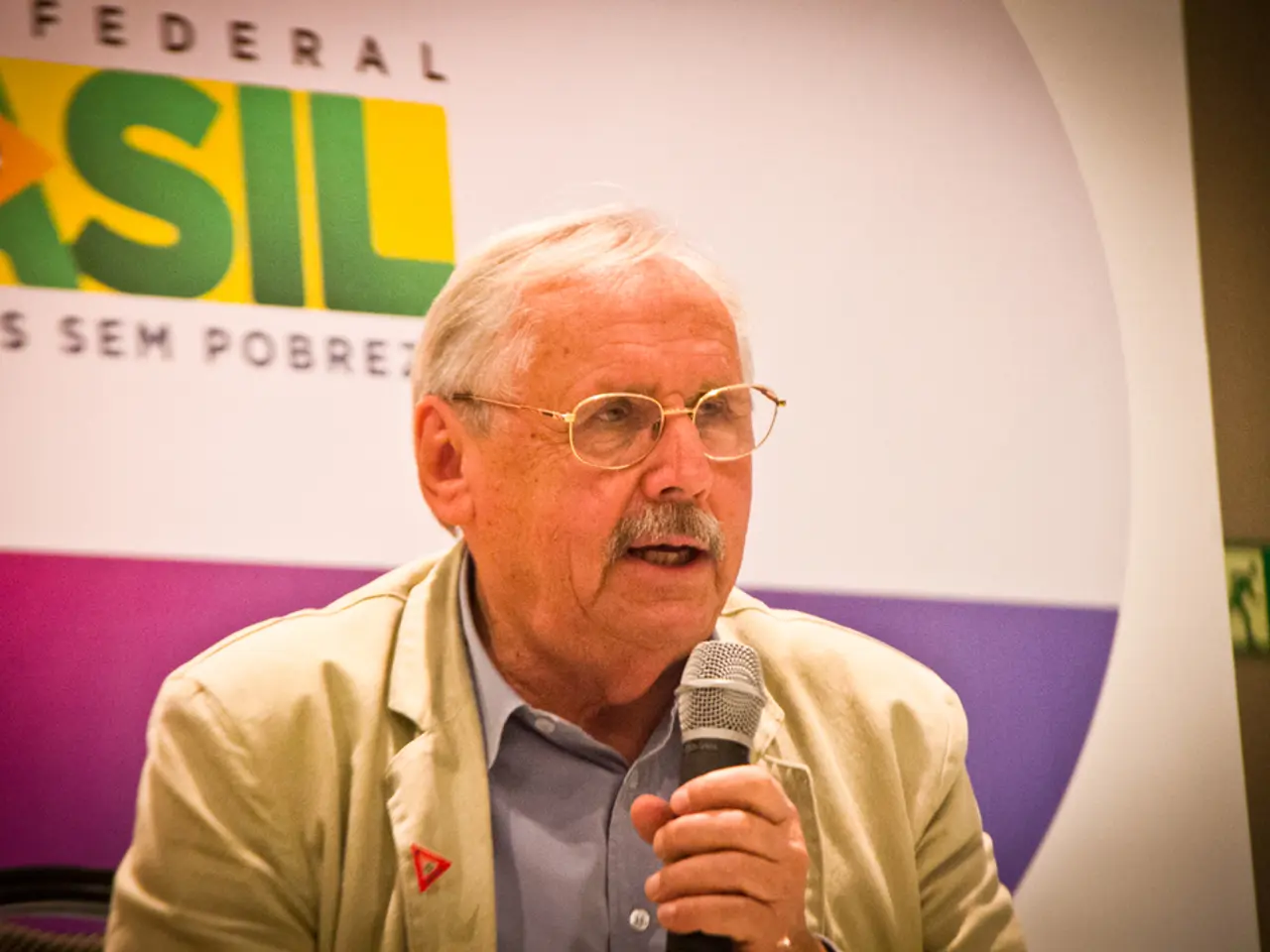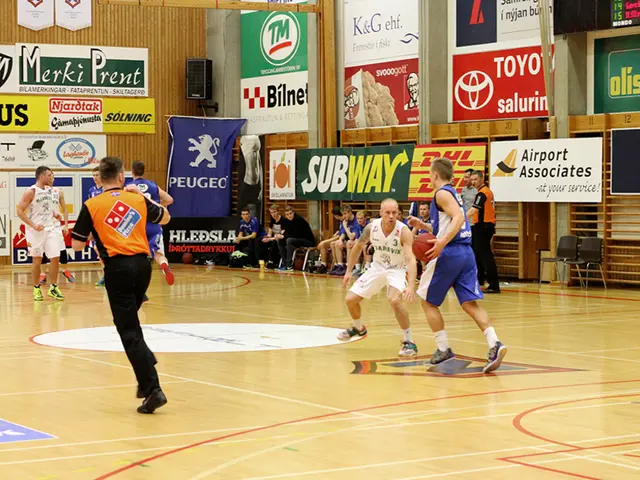Trump exercises authority over law enforcement in Washington D.C., intends to mobilize the National Guard within the country's capital
In a notable move during his presidency, Donald Trump invoked Section 740 of the DC Home Rule Act to place local police under federal control, aiming to manage crime in the capital [4]. This decision was part of a broader expansion of federal power, including politicized law enforcement actions [1].
Washington D.C., as a federal district without full statehood, remains under Congress’s ultimate authority. Trump, who opposed D.C. statehood, exercised powers that underscored federal supremacy over local decisions [3]. This intervention marked a significant assertion of federal authority over local governance, effectively reducing D.C.’s autonomy in policing.
The federal intervention occurred against a backdrop of rising crime and homelessness in the city. While explicit details about homelessness management under this intervention were not found, Trump's emphasis on law-and-order policies was evident [1]. He publicly stated that he would take federal control of Washington, D.C., if the city did not address crime and homelessness quickly [5].
Locals and tourists expressed confusion about the presence of uniformed federal officers patrolling the streets, and some, like Mayor Muriel Bowser, questioned Trump's motives [6]. Greg Evans, a resident living in a tent camp, feared potential displacement from his homeless encampment near the Lincoln Memorial [7].
However, it's important to note that violent crime plunged to a 30-year low last year, with homicides, robberies, armed carjackings, and assaults with a dangerous weapon all seeing significant decreases compared to 2023 levels [8]. The Justice Department announced that Washington had the fewest assaults with dangerous weapons and burglaries in over 30 years [9].
Trump suggested purging homeless people from Washington, D.C., would be part of a wider effort to beautify the capital [10]. However, the immediate impact of his actions on Sunday appeared less sweeping and dramatic than his social media posts suggested [11].
Despite the tensions, Mayor Bowser mentioned that she will continue working with Trump's team on high-priority issues [12]. George Morgan, a resident living in the same tent camp, disagreed with Trump's rhetoric and believed the U.S. should prioritize helping people in need of housing and healthcare [2].
In conclusion, the federal intervention in Washington D.C. under President Trump represented a significant federal assertion over local governance, effectively reducing D.C.’s autonomy in policing. This intervention fits into a pattern of increased federal involvement in local matters, particularly in politically sensitive areas like the district. The ongoing federal control continues to be a point of contention regarding crime, homelessness policy, and policing in Washington D.C.
Read also:
- Court petitions to reverse established decision on same-sex marriage legalization
- Chinese Ambassador issues stern message to India regarding Trump's tariffs in midst of escalating trade feuds
- Potential Consequences Following the Baku-Yerevan Joint Declaration Signing in Washington
- Daily Perspectives on Donald Trump's Presidency








